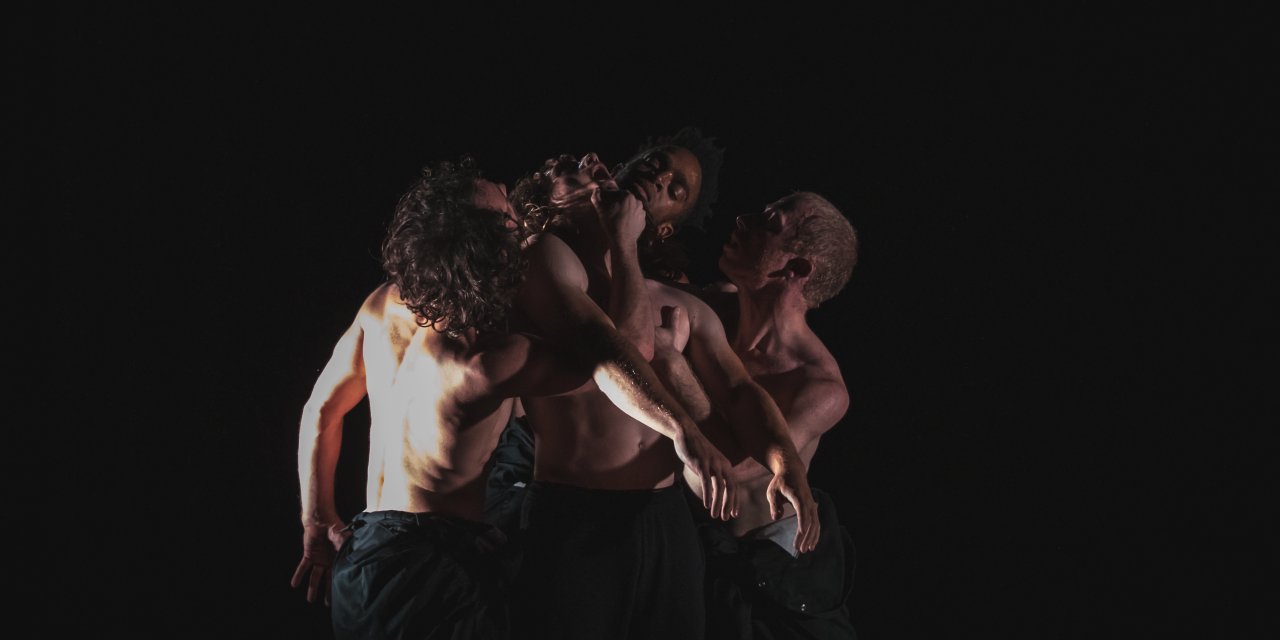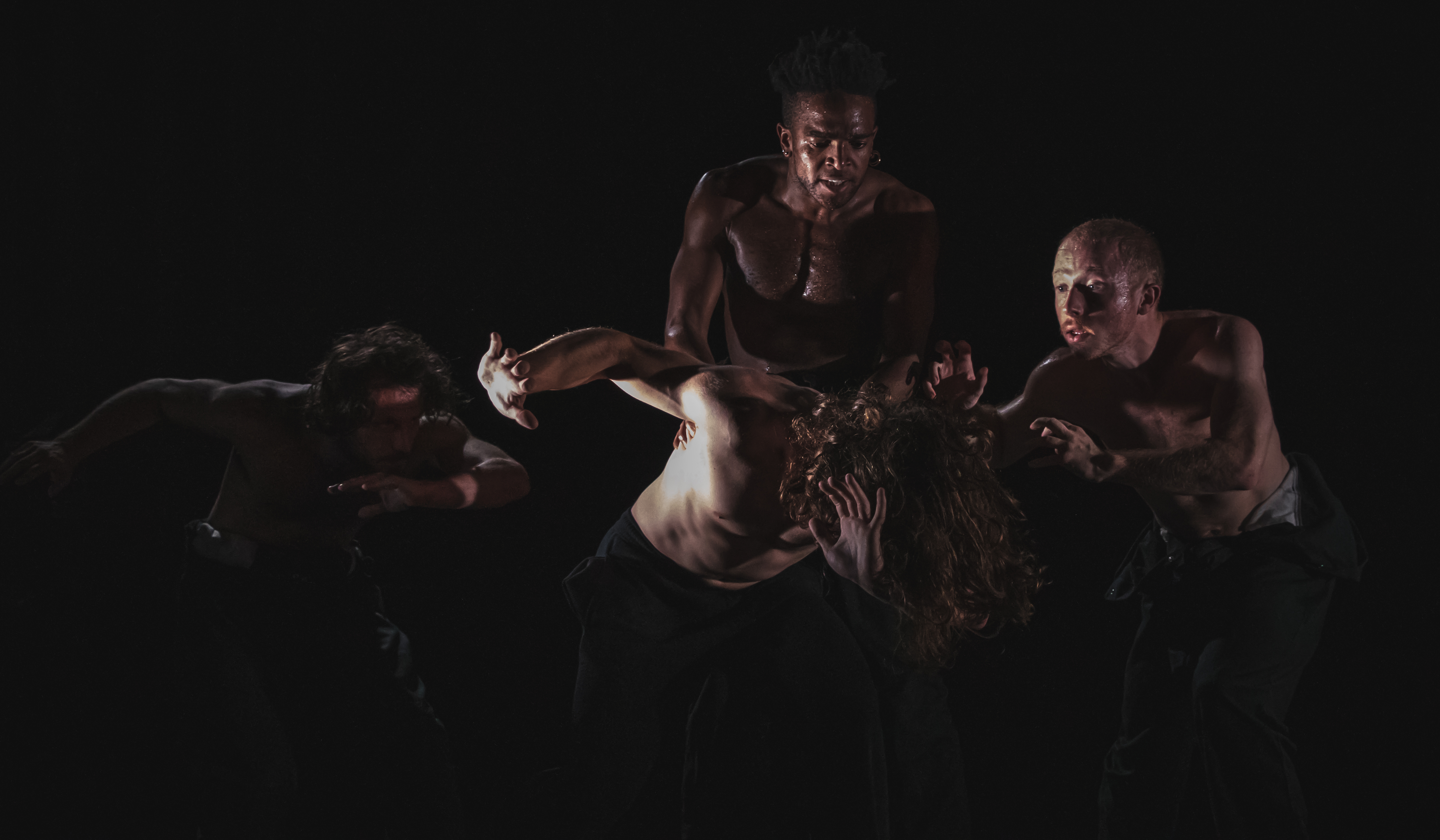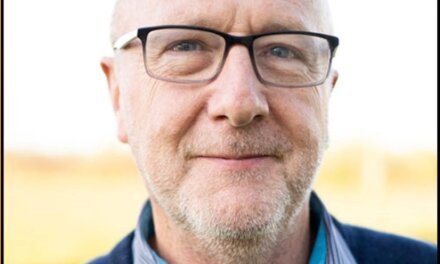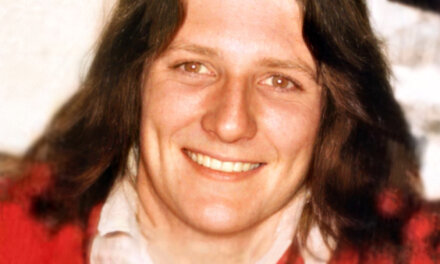Two years ago the Bobby Sands Trust received an email from a young woman called Caitlin Barnett, an emerging UK choreographer based in London. She told us about a new contemporary dance piece her company had performed in 2016, as part of the Resolution festival for emerging choreographers.
The piece was named after one of Bobby Sands’ poems which he had written when on the blanket in the H-Blocks, Comrades in the Dark, and used Bobby’s writings and diary as its main inspiration.
Such was the positive feedback to the performance that Caitlin was determined to develop the work further and create, as she says, “a strong piece of dance theatre that will hopefully compel others to learn more about Bobby Sands and the brutality experienced at that time.”
You can view a promo for the piece here.
We asked Caitlin to write for the Trust’s website about her work and her objectives.
-oo0oo-
I want to create thought-provoking yet cinematic work that aims to engage others in challenging subject matters. I am drawn most to the stories of those that are brushed under the carpet or forgotten about; that teach us about our history and challenge perceptions, and I try to find ways to humanise these characters through dance.
Along with ten per cent of the UK population I have an Irish grandparent. Like many of my generation, I was ‘aware’ of the conflict in Northern Ireland. However, it was the Steve McQueen film Hunger that alerted me to the story of Bobby Sands and the years 1976-81.
I was obviously shocked by the level of brutality depicted in the film but I was more unsettled by how recent these events were and that I had never heard of them.
I was compelled to find out more; learn more; try and get my head around the complex history between the two islands.
I created Comrades in the Dark as a short student piece around the 1981 hunger strike and it quickly became apparent that this story deserved more exploration, research and development, and more importantly a larger audience. Not long after, Brexit happened, then the 2017 general election. It was becoming more and more necessary to make Comrades in the Dark.
After a lot of time spent trying to gain support for the project, I was lucky enough to receive funding from the Arts Council England to develop the work. The creative goals were to collaborate with former republican prisoners and record them reading Sands’ poetry and prose, integrating them into the score, and incorporate the bodhrán live into the piece. The focus would be on physicalising the characters and themes depicted through Sands’ writings, and exploring the brutality and humanity within that.
We specifically looked at pieces One Day in my Life; Crime of Castlereagh/Torture Mill; The Loneliness of a Long Distance Cripple; I Am Sir, You Are 1066 and I Fought a Monster Today; Flowers, My Friends, Flowers; Weeping Winds and The Rhythm of Time.
With the help of Danny Morrison from the Bobby Sands Trust, who arranged for the volunteers to be recorded, myself and my composer Jean Loup Pinson travelled to Belfast last July and met with Laurence McKeown; Colm Scullion; Brendan McFarlane and Rosie McCorley. They shared their memories of 1981 and their prison experiencs, lending their voices beautifully to the recording. It was an eye-opening day.
The work was performed at a small theatre in South West London and drew in larger audiences than anticipated, many of which who said they were not aware that Sands had written poetry and now felt then need to go and learn more about those years.
Working on this project has enabled my collaborators and I to really dive deep, not just into the story of Bobby Sands and the other prisoners that suffered, but into other moments of oppression and uprising in history, and the current socio-political issues that face us. With such positive feedback from our London showing our next goal is to take the work on tour and bring this story to an even larger audience.
Watch this space!






